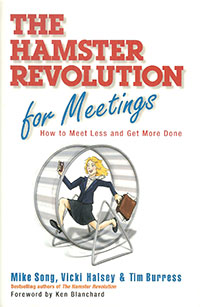By Linda Miller, MCC
When you think about giving feedback, what’s your first response? Mine is, “Do I HAVE to??” Making observational feedback can help. Observational feedback is information that’s shared without a request for change. It’s just an observation. For example, “You seemed quieter than usual in the meeting this morning. Hope everything is ok.” Or, “Your energy level is different, and it looks like you’re enjoying the new project.”
Observational feedback gives information that may not be otherwise recognized by the person receiving it. It can confirm something that’s going on or point out something new. The best observational feedback is non-judgmental and timely. It’s a data point. Our hypothesis is that if we increase the positive and observational feedback, it will decrease the need for feedback asking for a behavior request or change.
Last week, I had the privilege of working with some very talented managers. During one of the sessions, we asked the managers to give each other observational feedback. Here’s a response from one of the participants: “When we were giving observational feedback to each other, someone gave me some feedback that I always knew but finally heard. I can’t wait to start applying everything that I have learned.” That’s the power of observational feedback. Try it. Notice what happens.
Read more http://thecoachingsource.com/2014/03/11/the-power-of-observational-feedback/






